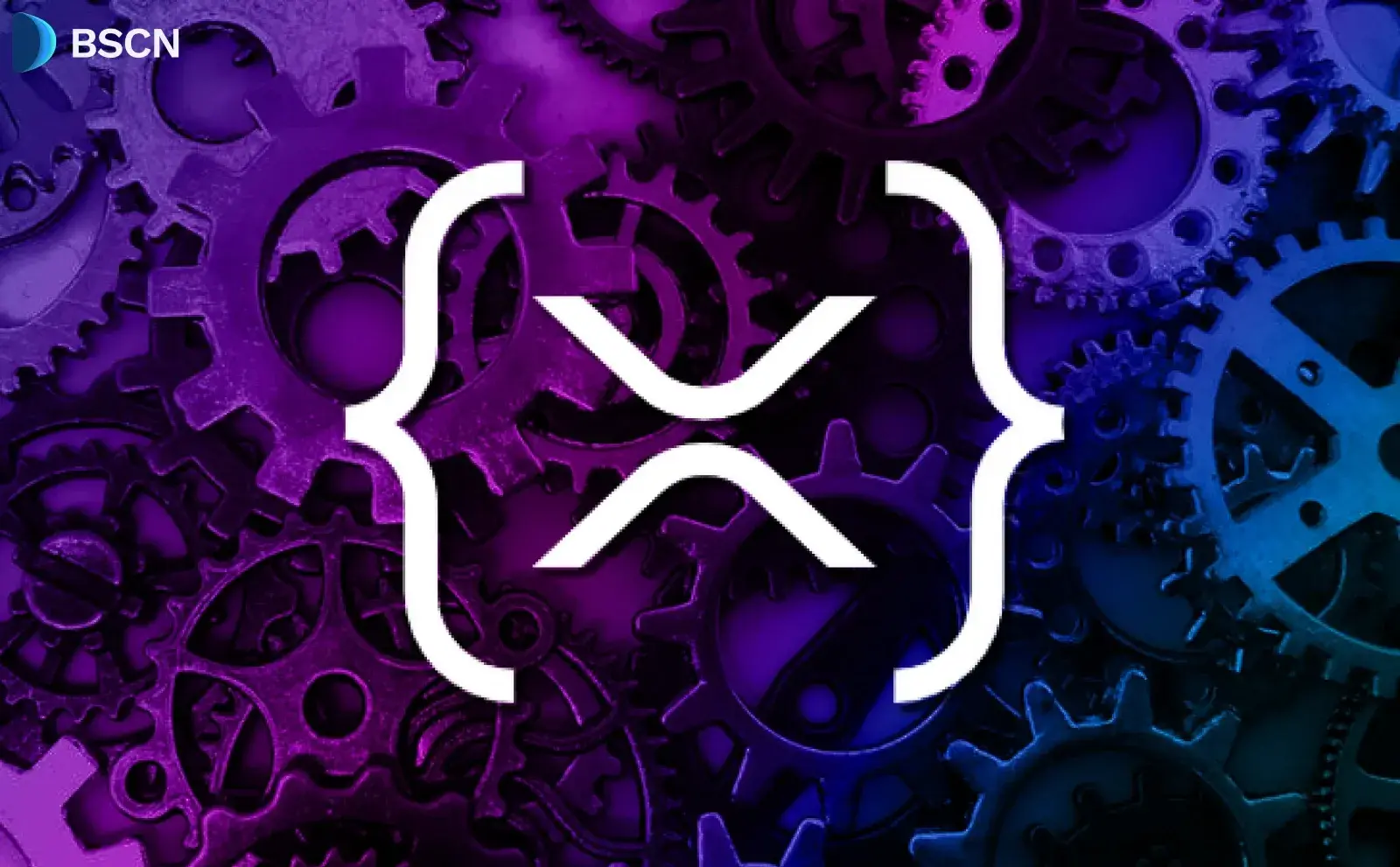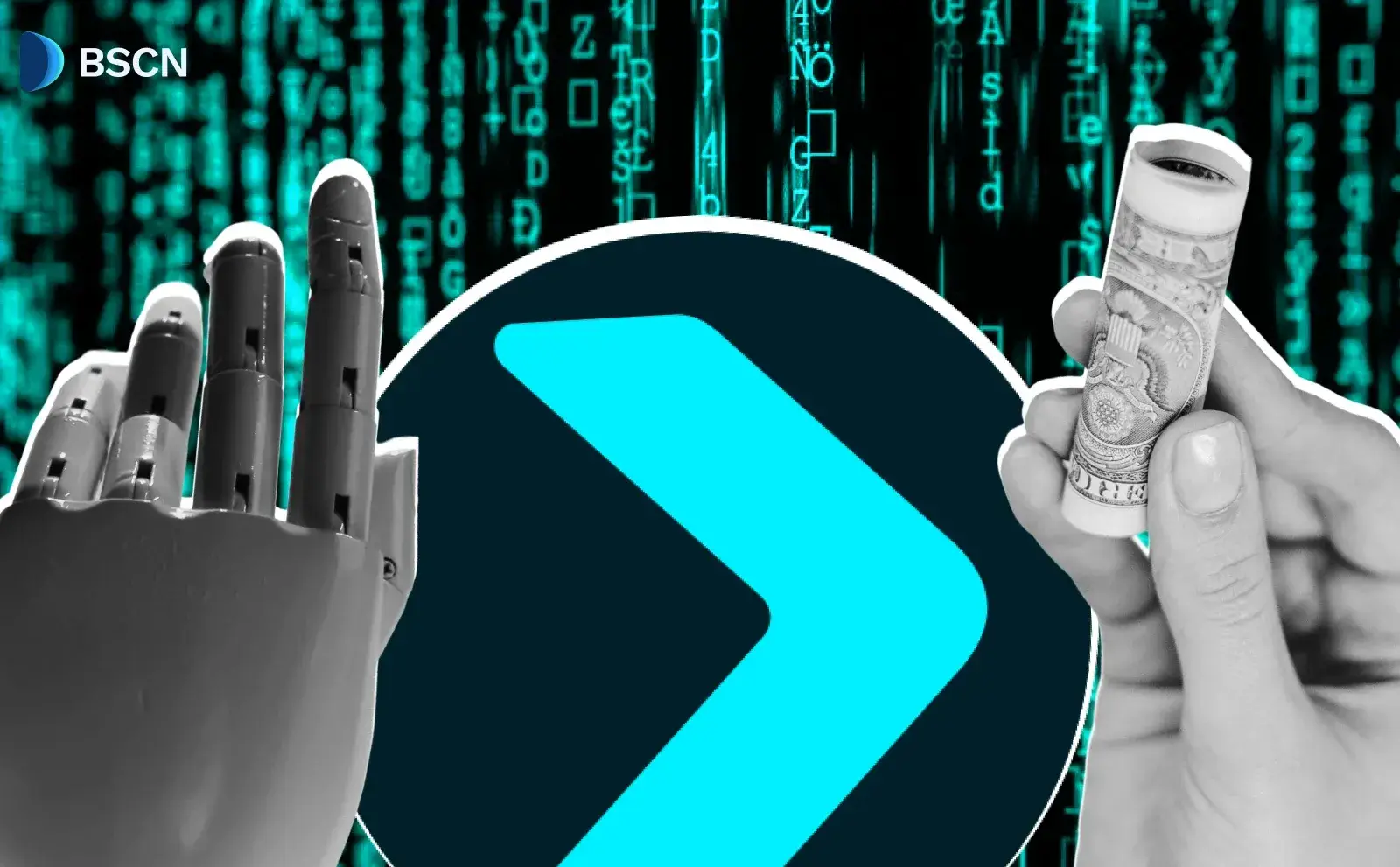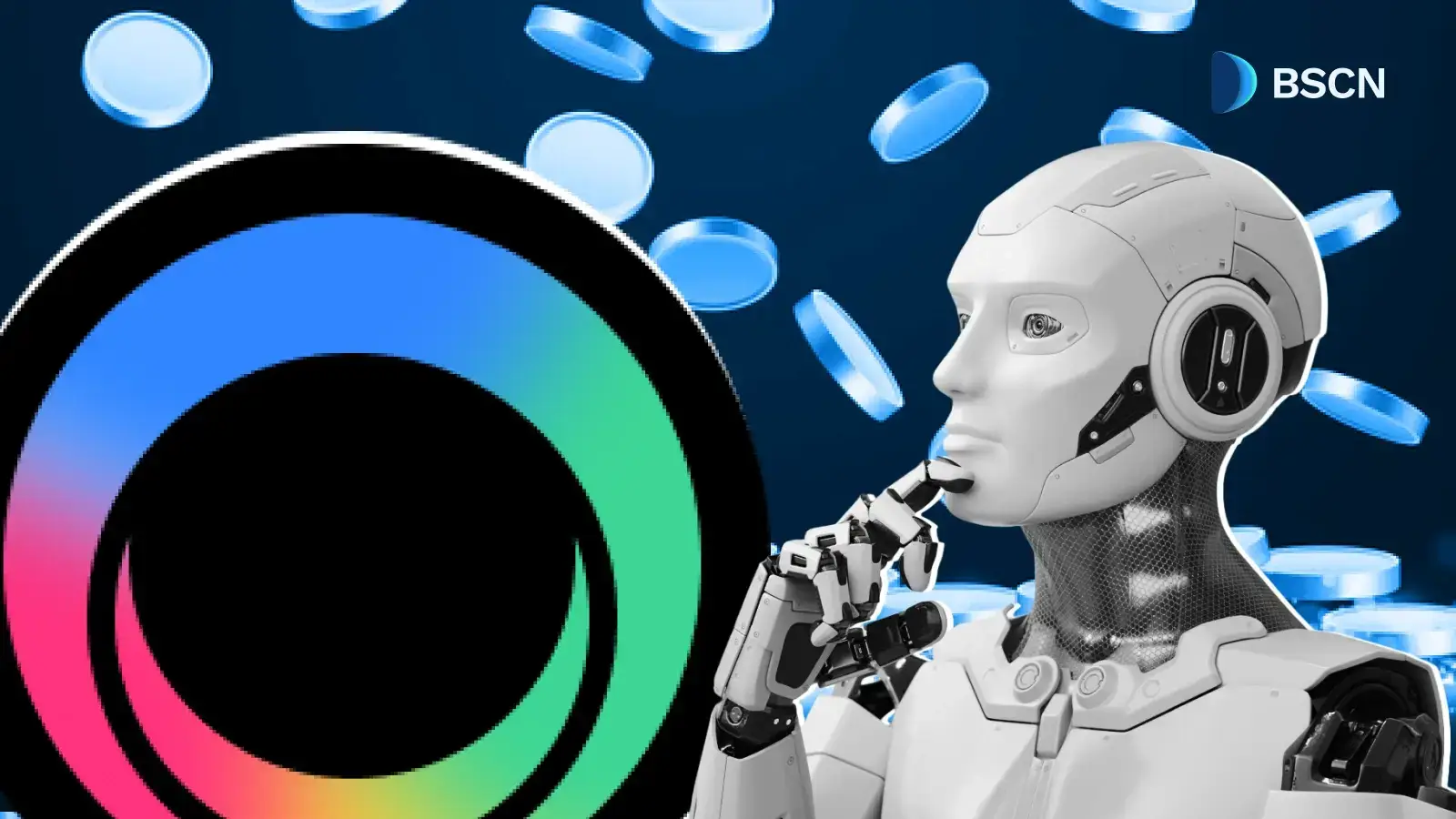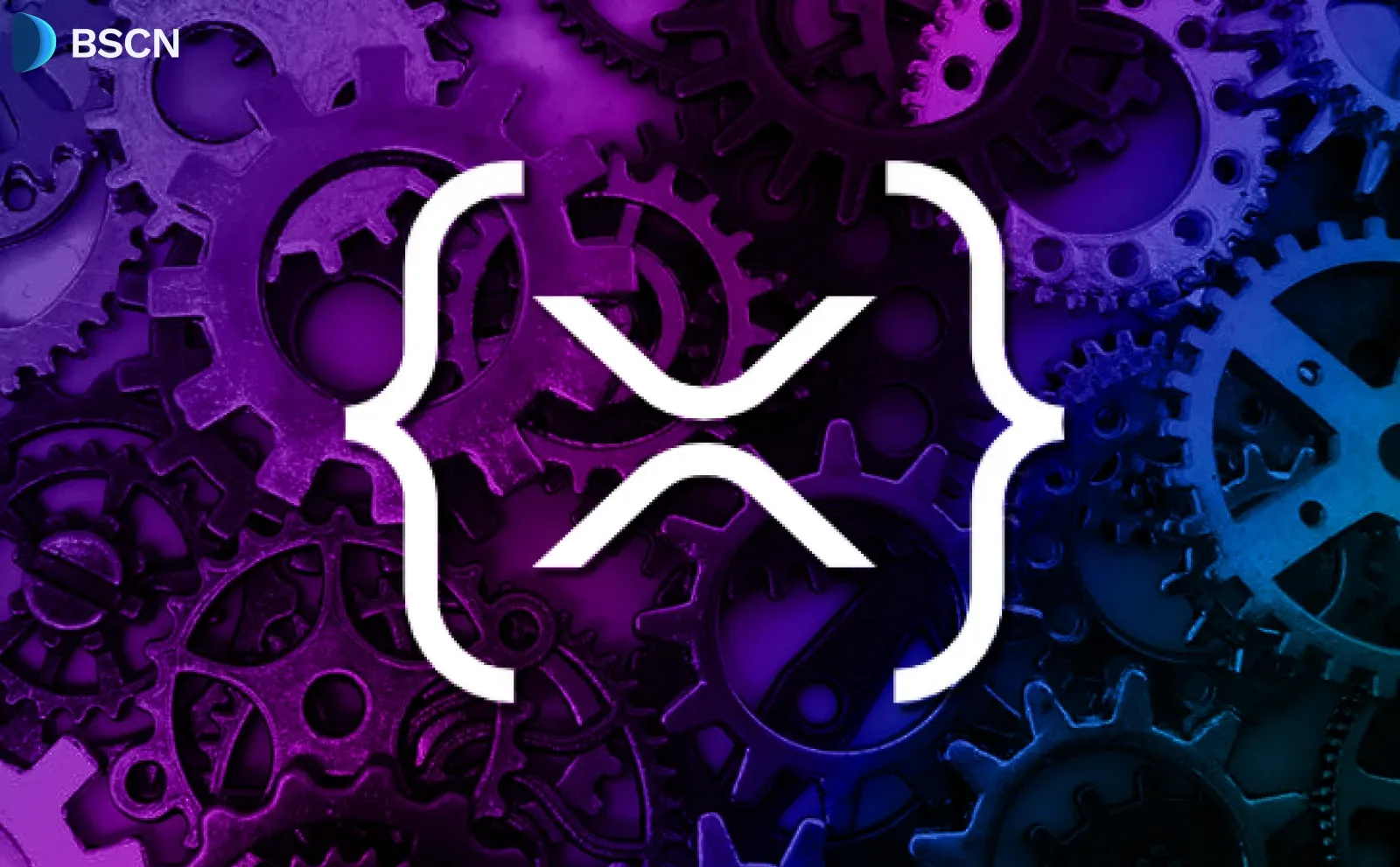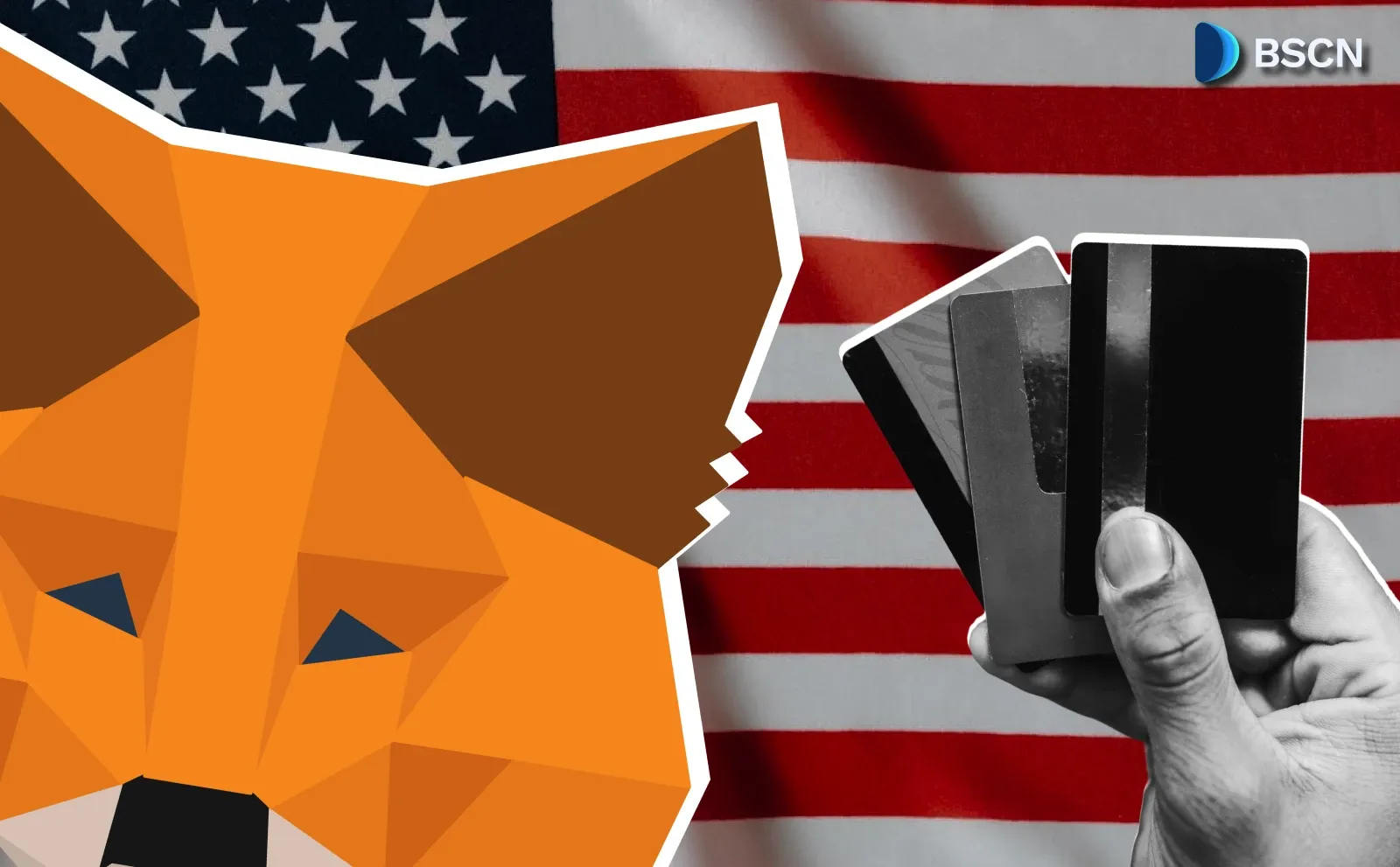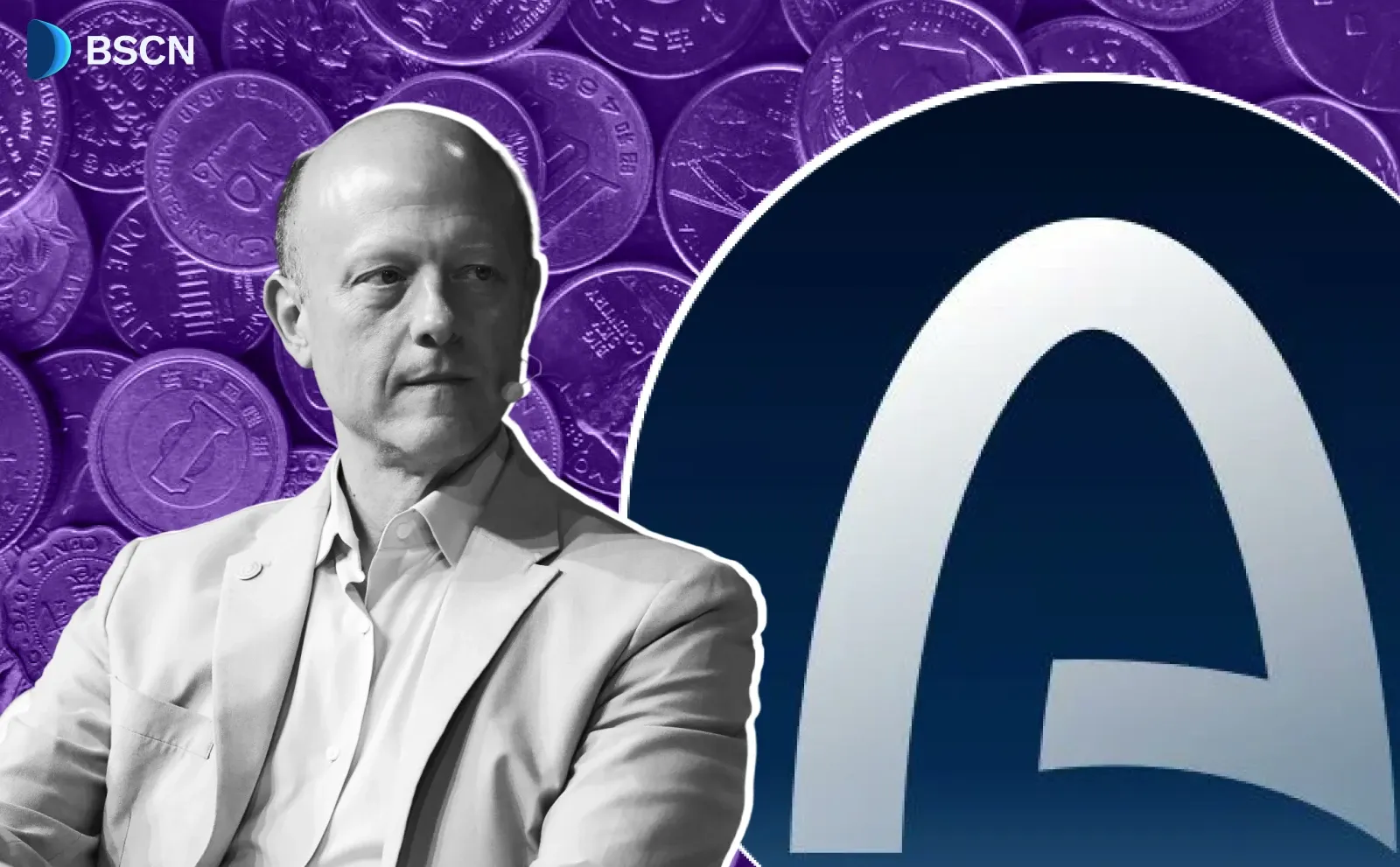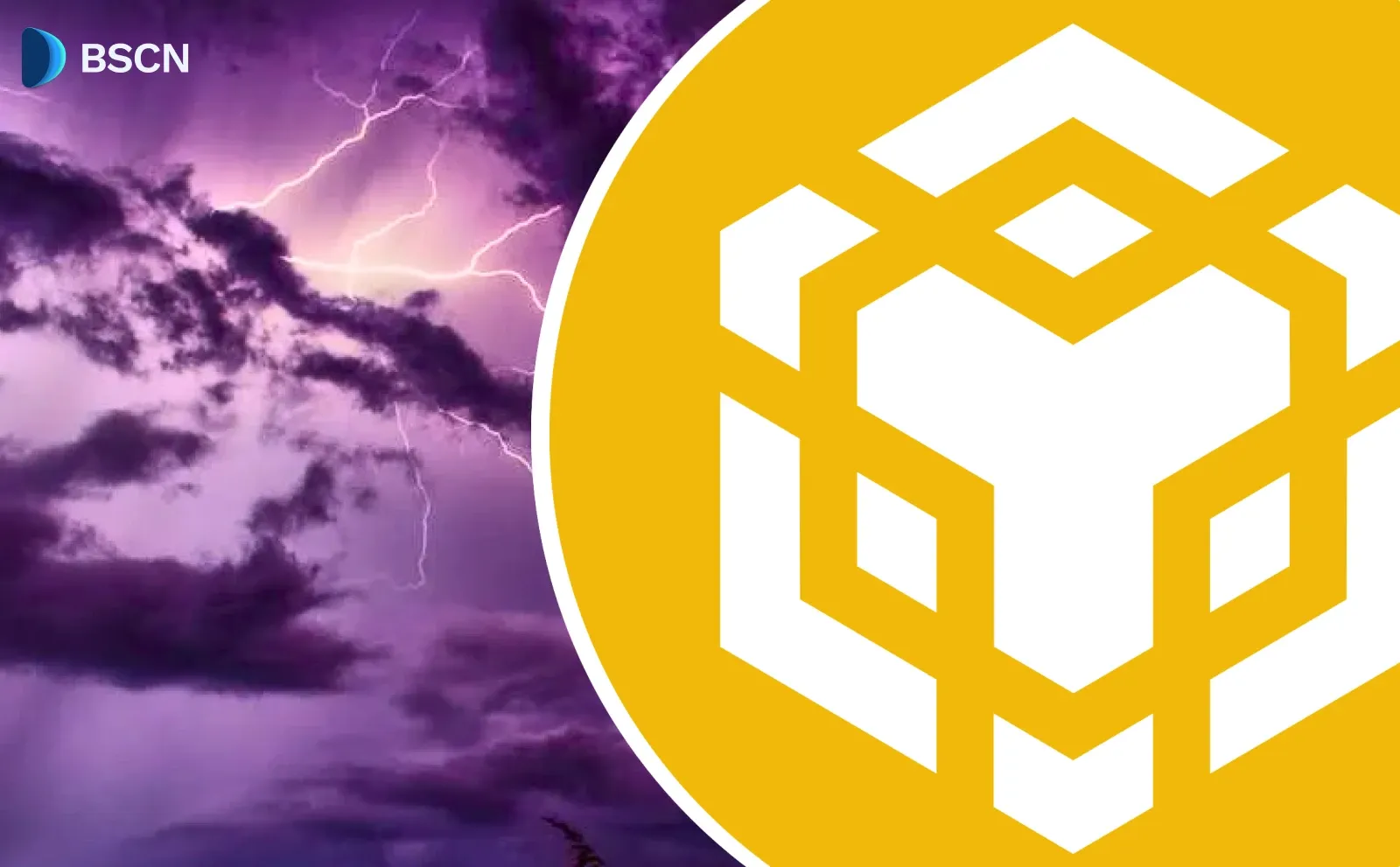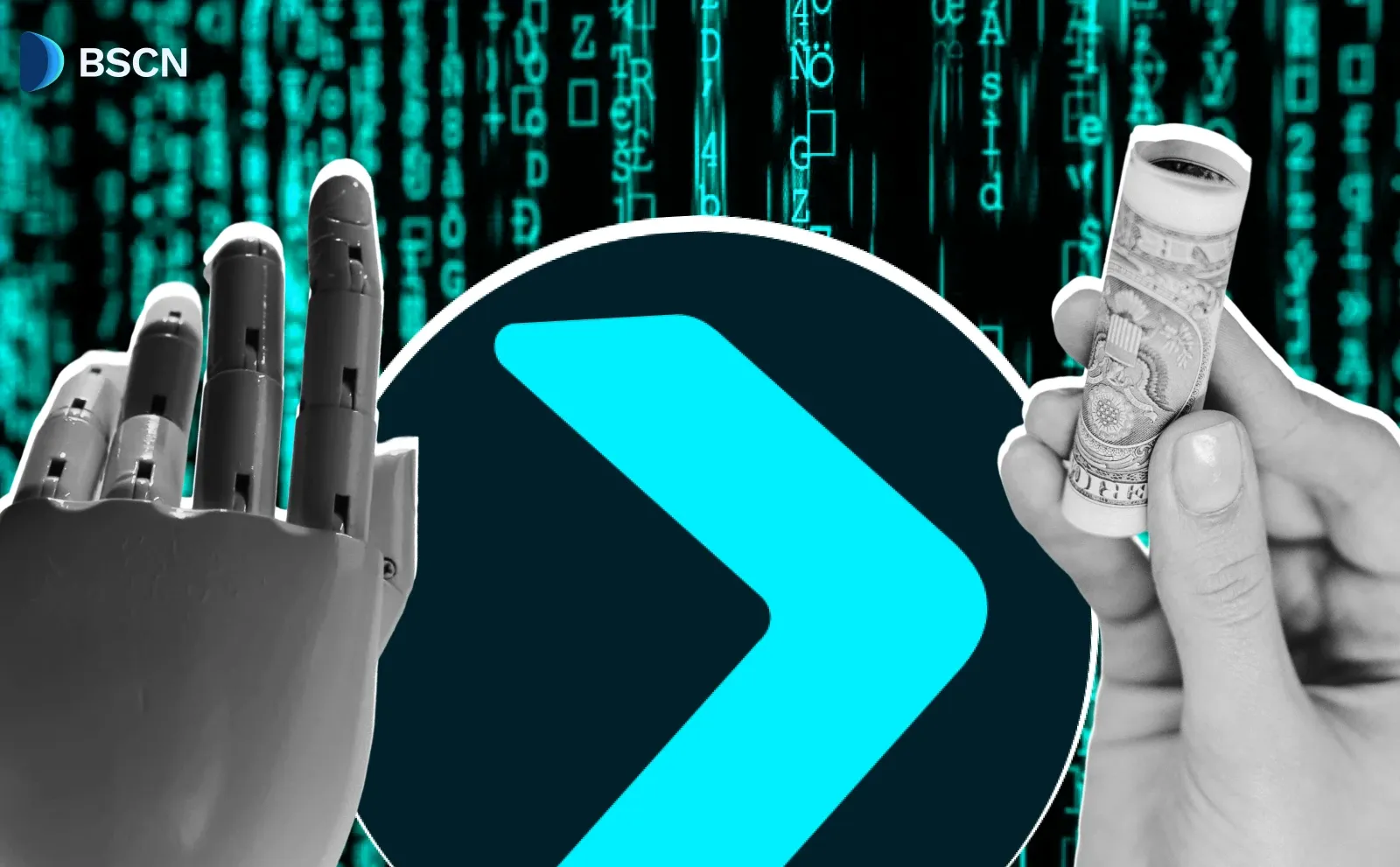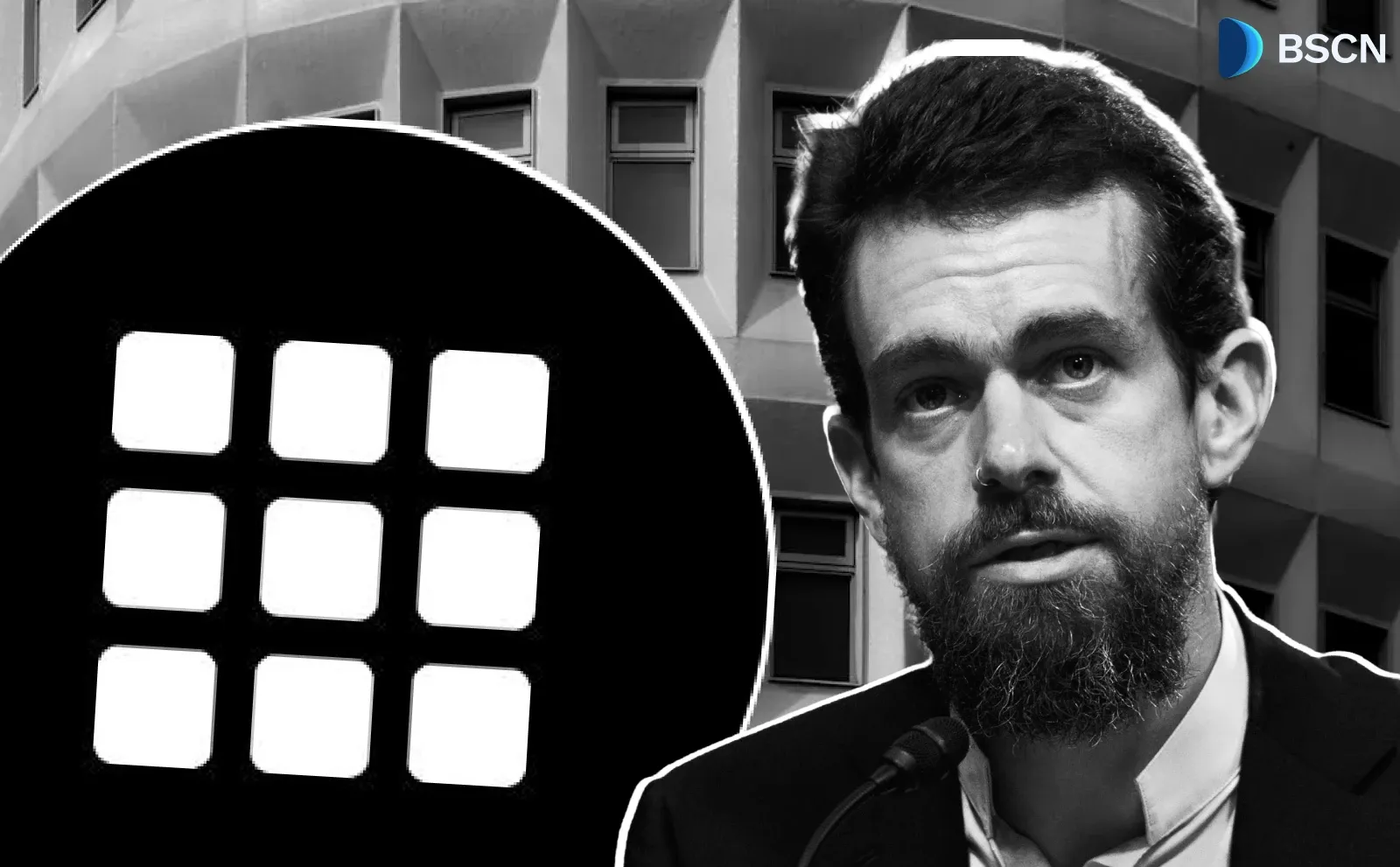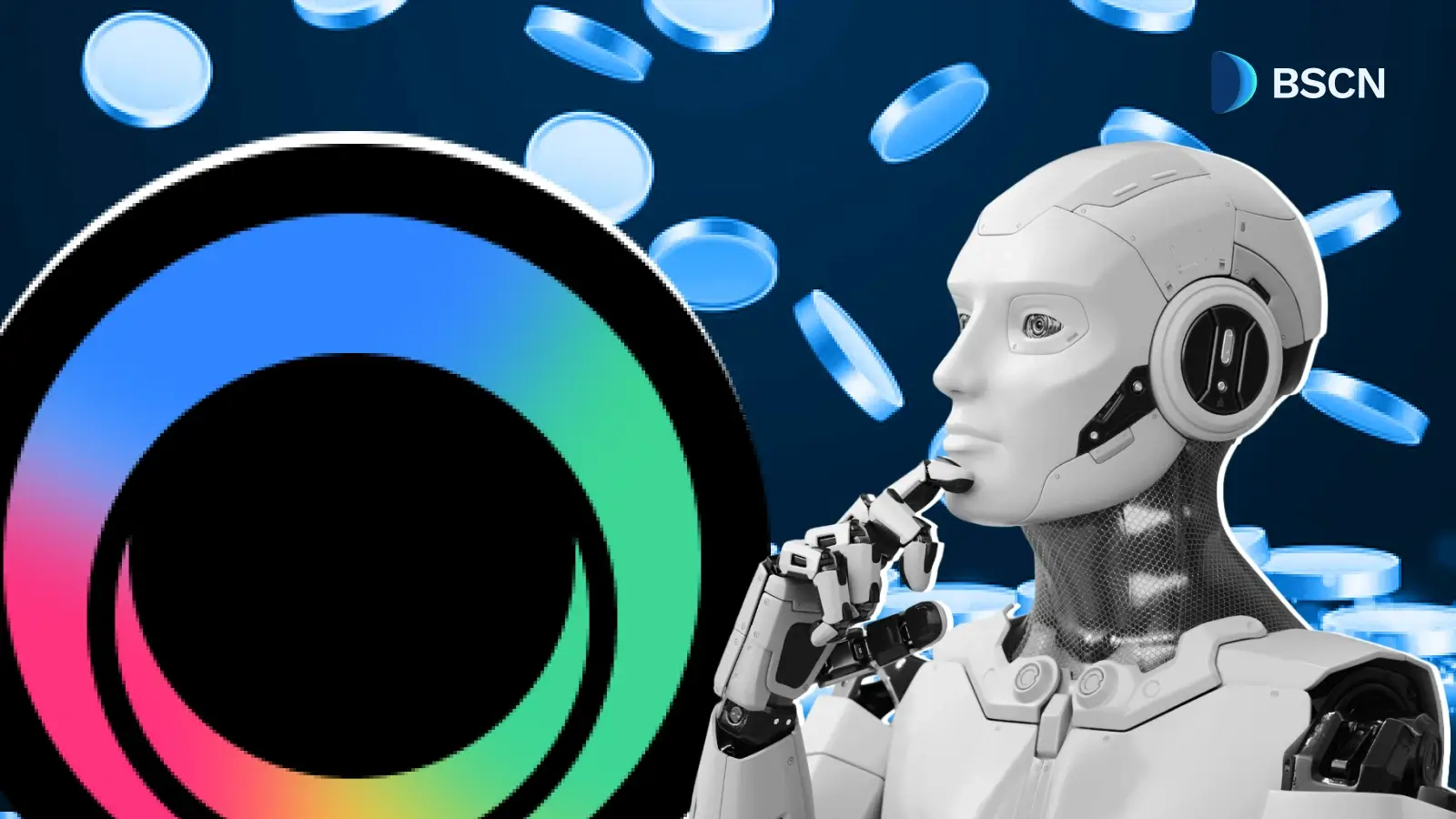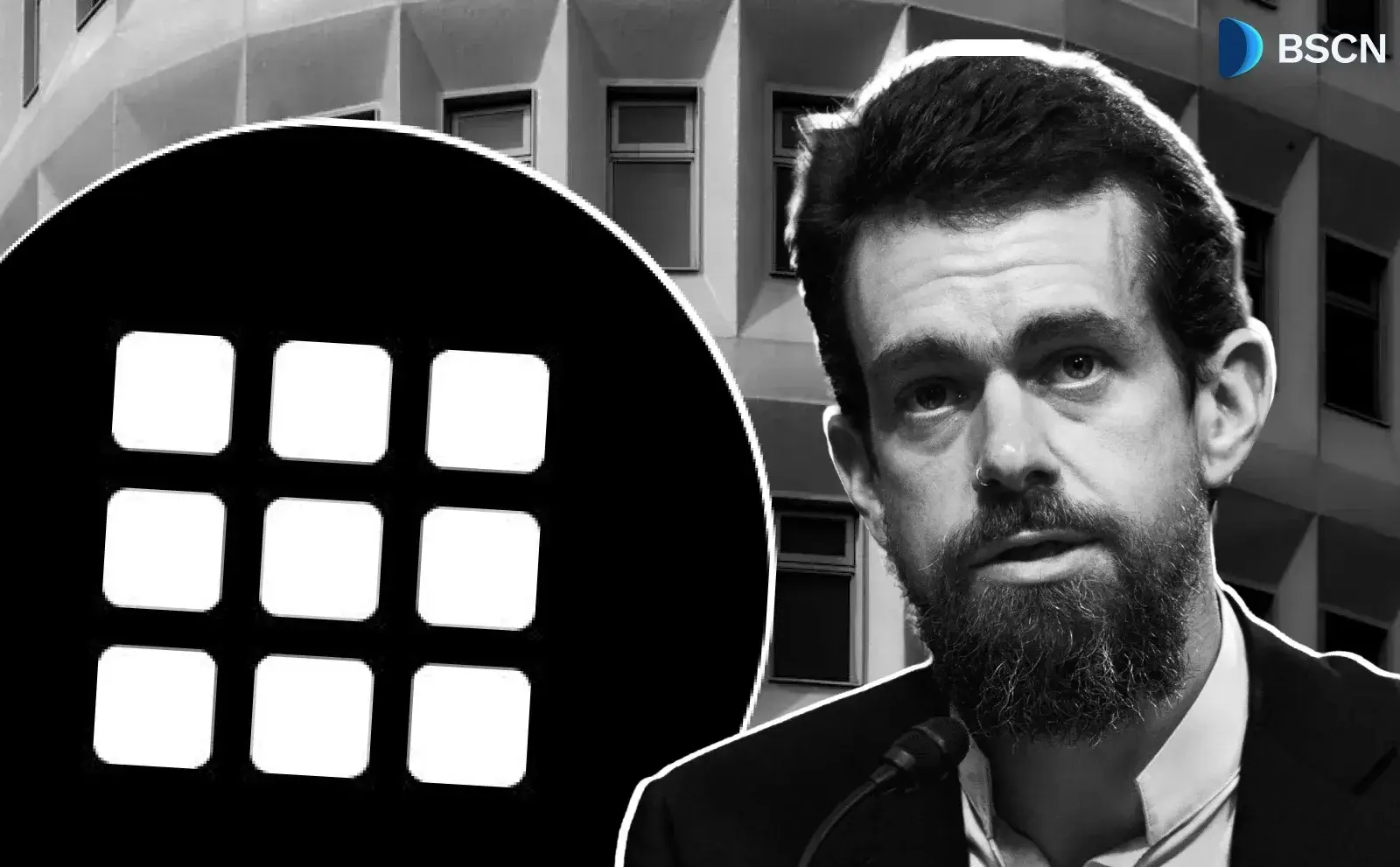Top Innovative DApps Shaping the Internet Computer (ICP) Ecosystem
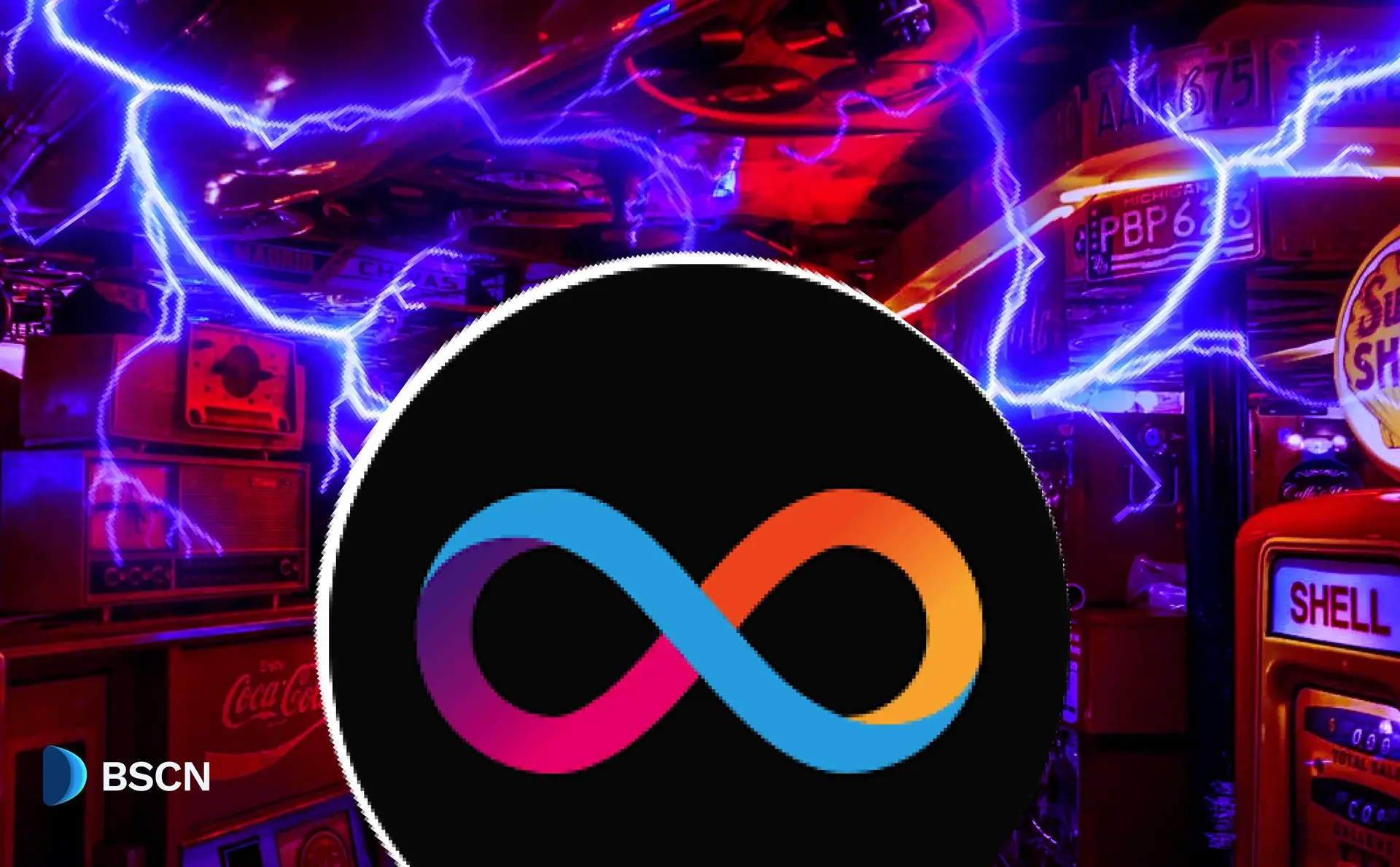
From messaging to DeFi, see how top dApps on the ICP blockchain are shaping decentralized app development with speed, security, and user control.
Miracle Nwokwu
August 8, 2025
Table of Contents
The Internet Computer Protocol (ICP), developed by the DFINITY Foundation, is a blockchain platform designed to host full-stack decentralized applications (dApps) directly on-chain. Unlike traditional blockchains focused primarily on financial transactions, ICP enables developers to build scalable, secure, and unstoppable applications across diverse sectors—social media, decentralized finance (DeFi), non-fungible tokens (NFTs), and artificial intelligence (AI). By offering a decentralized alternative to Big Tech’s cloud infrastructure, ICP aims to redefine how applications are built and managed. Its canister smart contracts, web-speed performance, and Chain Fusion technology for cross-chain interoperability with networks like Bitcoin and Ethereum position it as a versatile platform.
This article explores five standout dApps and projects on ICP, highlighting their features and contributions to a decentralized digital future.
1. OpenChat: Redefining Messaging with Blockchain
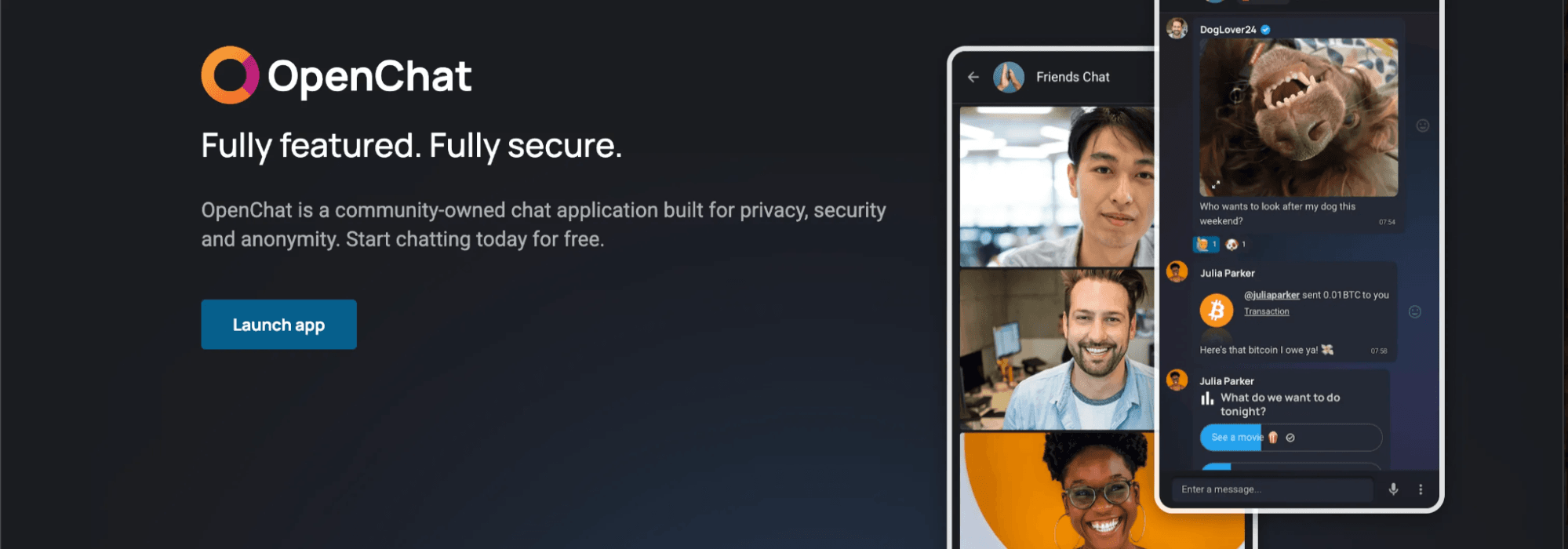
OpenChat is a fully decentralized messaging platform built on ICP, offering a secure alternative to traditional apps like WhatsApp or Telegram. Operating entirely on-chain, it leverages ICP’s canister smart contracts to deliver real-time communication with end-to-end encryption. Users can send messages, share media, and join group chats, all while retaining control over their data. The platform is governed by a decentralized autonomous organization (DAO), allowing users to vote on upgrades and features through CHAT tokens.
OpenChat’s integration with ICP enables seamless crypto transfers, including Bitcoin, within chats, and users can participate in ICP governance without leaving the app. With over 100,000 users and nearly 1 million messages sent, OpenChat demonstrates ICP’s ability to scale social applications. Its focus on user sovereignty and censorship resistance makes it a cornerstone of decentralized social networking, providing a robust, privacy-focused communication tool that operates without centralized servers.
Key Features:
- End-to-end encrypted messaging for privacy.
- DAO governance for community-driven updates.
- Token-based incentives via CHAT tokens.
- Seamless crypto transfers and governance integration.
2. Caffeine: Building Apps with AI and No Code
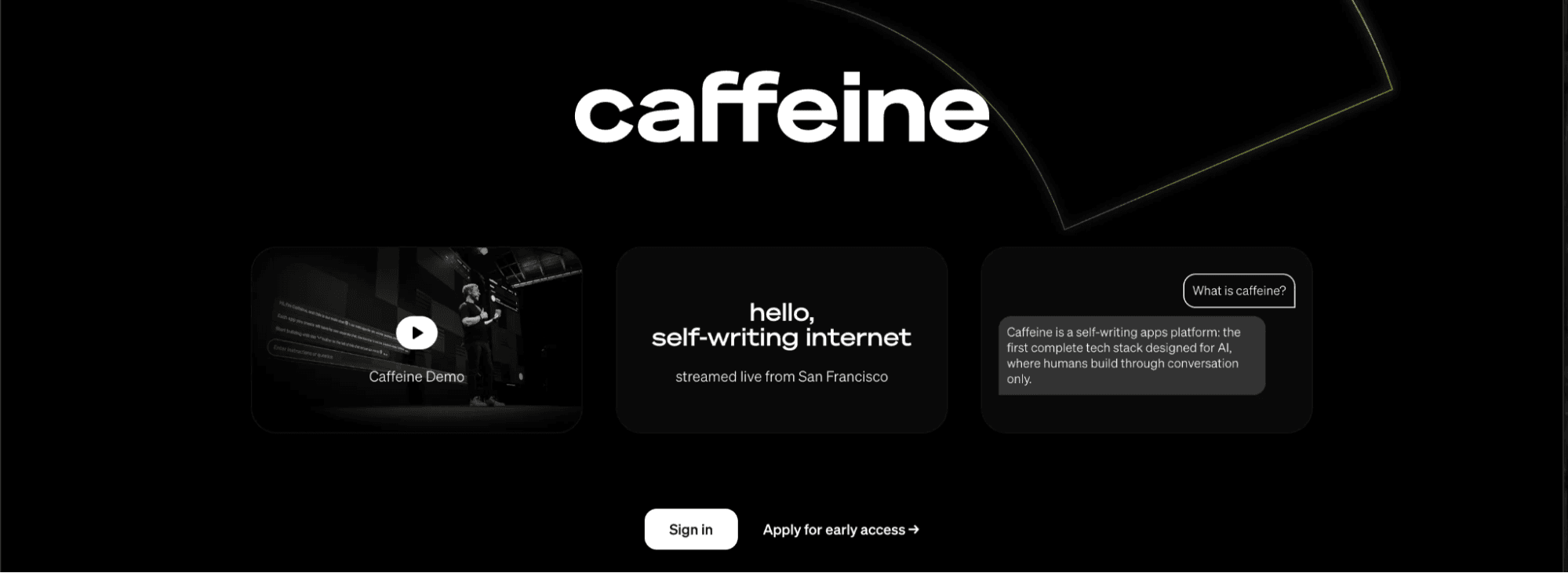
Caffeine introduces a novel approach to app development by enabling users to create web applications through natural language interactions with AI, eliminating the need for coding expertise. Built on ICP, it leverages the blockchain’s decentralized compute capabilities to host secure, tamper-proof applications. Caffeine’s “self-writing internet” concept allows non-technical users to build dApps, from social platforms to enterprise tools, by simply describing their ideas. The platform’s recognition in hackathons underscores its technical innovation, particularly for democratizing Web3 development.
By utilizing ICP’s scalable infrastructure, Caffeine ensures apps are hosted on-chain, free from reliance on centralized cloud providers. This makes it accessible to a broad audience, from entrepreneurs to hobbyists, fostering innovation in the ICP ecosystem. Caffeine’s ability to simplify app creation while maintaining security and decentralization highlights ICP’s potential to make development inclusive.
Key Features:
- AI-driven, no-code app creation via natural language.
- Decentralized hosting on ICP’s canister smart contracts.
- Secure, tamper-proof applications.
- Broad accessibility for non-technical users.
3. Juno: Simplifying Web3 Development for All

Juno is an open-source, serverless platform on ICP that empowers developers to build and deploy Web3 applications using familiar frontend tools, often described as a decentralized alternative to Firebase. It eliminates the need for backend coding, allowing developers to create secure, scalable dApps with JavaScript or TypeScript. Juno’s “Satellite” smart contracts provide built-in features like authentication, database management, file storage, and hosting, streamlining development. Developers maintain full control over their applications and data through a “Mission Control” canister, ensuring autonomy.
In 2025, Juno introduced support for TypeScript serverless functions, enhancing flexibility, and migrated its Console frontend to Svelte v5 for improved performance. Despite an unsuccessful SNS decentralization swap in 2024, Juno secured funding from the DFINITY Foundation to continue development through 2025. With a focus on simplicity and Web2-compatible tooling, Juno makes Web3 accessible to a broader developer base, supporting projects from static sites to complex dApps.
Key Features:
- Frontend-only development with JavaScript/TypeScript.
- Built-in authentication, database, and hosting via Satellites.
- Full developer control through Mission Control canisters.
- Seamless integration with ICP’s scalable infrastructure.
4. ICPSwap: A DeFi Ecosystem on ICP
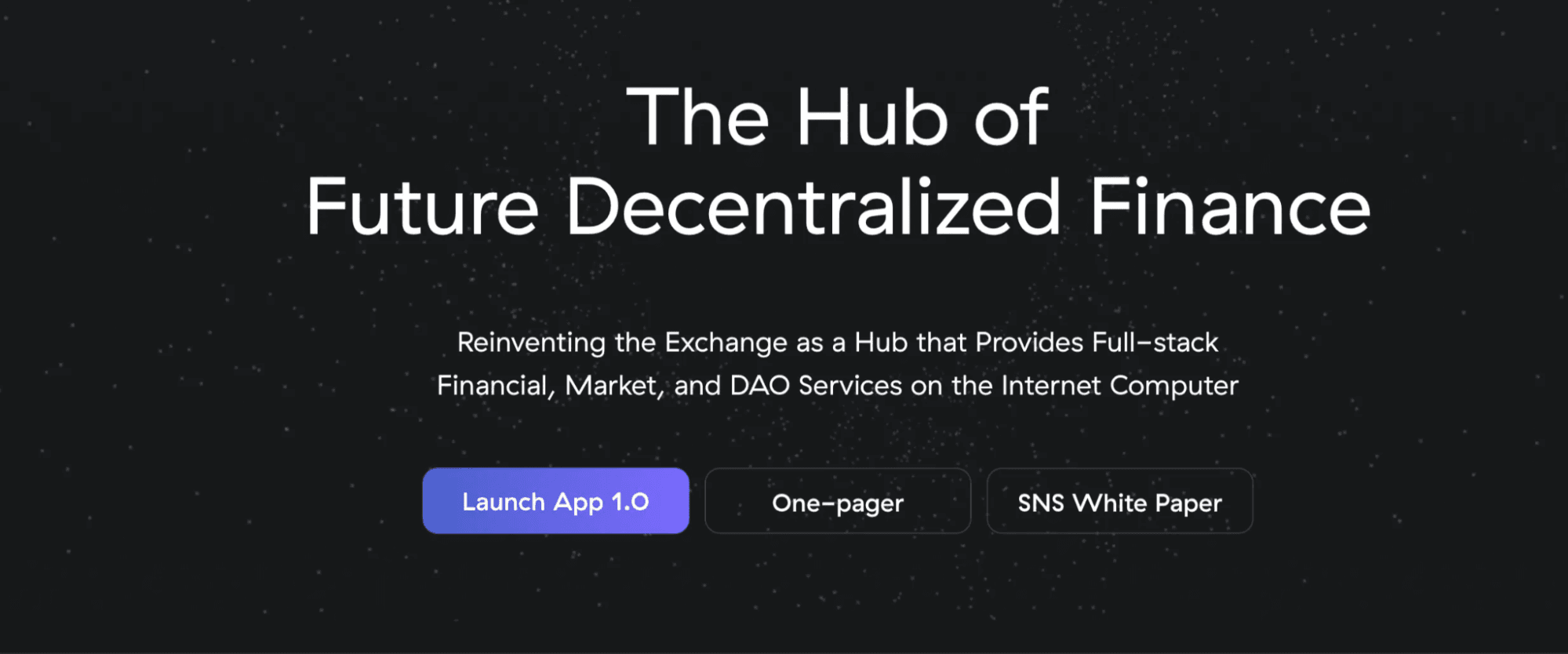
ICPSwap is a decentralized exchange (DEX) and financial hub on ICP, offering a comprehensive suite of DeFi services. It supports token swaps, liquidity provision, and DAO-driven governance, leveraging ICP’s low-cost transaction model and web-speed performance. The platform’s governance token, ICS, follows a deflationary model through repurchase and burn mechanisms, encouraging user participation in ecosystem decisions. ICPSwap eliminates gas fees, making trading cost-effective, and its integration with ICP’s infrastructure ensures near-instant transactions.
By providing a multi-service platform, ICPSwap aims to create a fully decentralized financial ecosystem, supporting everything from trading to community governance. Its use of ICP’s scalability and security features positions it as a key player in the DeFi space, offering users a seamless and efficient experience without reliance on centralized intermediaries.
Key Features:
- Governance via ICS token with a deflationary model.
- Multi-service DeFi platform for swaps and liquidity.
- Zero gas fees for cost-effective trading.
- Fast, secure transactions on ICP.
5. OneSec: Bridging Blockchains with Ease

OneSec is a decentralized bridging protocol on ICP, designed to simplify cross-chain asset transfers. It enables users to move assets like ICP and Bitcoin to other blockchains in a single transaction, bypassing traditional bridges, multisigs, or relayers. By leveraging ICP’s Chain Fusion technology and chain-key cryptography, OneSec ensures trustless, secure, and scalable transfers. This eliminates the complexity and risks associated with conventional bridging methods, such as hacking vulnerabilities.
OneSec’s support for native ICP and Bitcoin transfers enhances interoperability, making it easier for users to operate across blockchain ecosystems. Its reliance on ICP’s low-fee, high-speed infrastructure ensures efficient transactions, positioning OneSec as a critical tool for multichain Web3 applications. The protocol’s innovative approach to cross-chain functionality highlights ICP’s role in advancing blockchain interoperability.
Key Features:
- Atomic cross-chain transfers in a single transaction.
- Trustless operations without middlemen.
- Native support for ICP and Bitcoin transfers.
- Scalable and secure via ICP’s chain-key technology.
ICP’s Role in a Decentralized Future
The Internet Computer’s ability to host full-stack applications on-chain sets it apart from other blockchains. Its canister smart contracts provide unlimited data storage and computation, enabling complex dApps without centralized cloud reliance.
The DFINITY Foundation supports its ecosystem through developer grants, hackathons, and partnerships, such as its collaboration with the United Nations Development Programme (UNDP, fostering innovation across social media, DeFi, NFTs, and AI. In 2025, ICP’s network hosts over 300 projects, with daily transaction volumes exceeding 500 million, reflecting its growing adoption.
While some question ICP’s decentralization due to its reliance on known nodes, its technical capabilities and growing ecosystem demonstrate its potential to challenge Big Tech dominance.
Sources:
Read Next...
Disclaimer
Disclaimer: The views expressed in this article do not necessarily represent the views of BSCN. The information provided in this article is for educational and entertainment purposes only and should not be construed as investment advice, or advice of any kind. BSCN assumes no responsibility for any investment decisions made based on the information provided in this article. If you believe that the article should be amended, please reach out to the BSCN team by emailing [email protected].
Author
 Miracle Nwokwu
Miracle NwokwuMiracle holds undergraduate degrees in French and Marketing Analytics and has been researching cryptocurrency and blockchain technology since 2016. He specializes in technical analysis and on-chain analytics, and has taught formal technical analysis courses. His written work has been featured across multiple crypto publications including The Capital, CryptoTVPlus, and Bitville, in addition to BSCN.
Crypto Project & Token Reviews
Project & Token Reviews
Comprehensive reviews of crypto's most interesting projects and assets
Learn about the hottest projects & tokens



